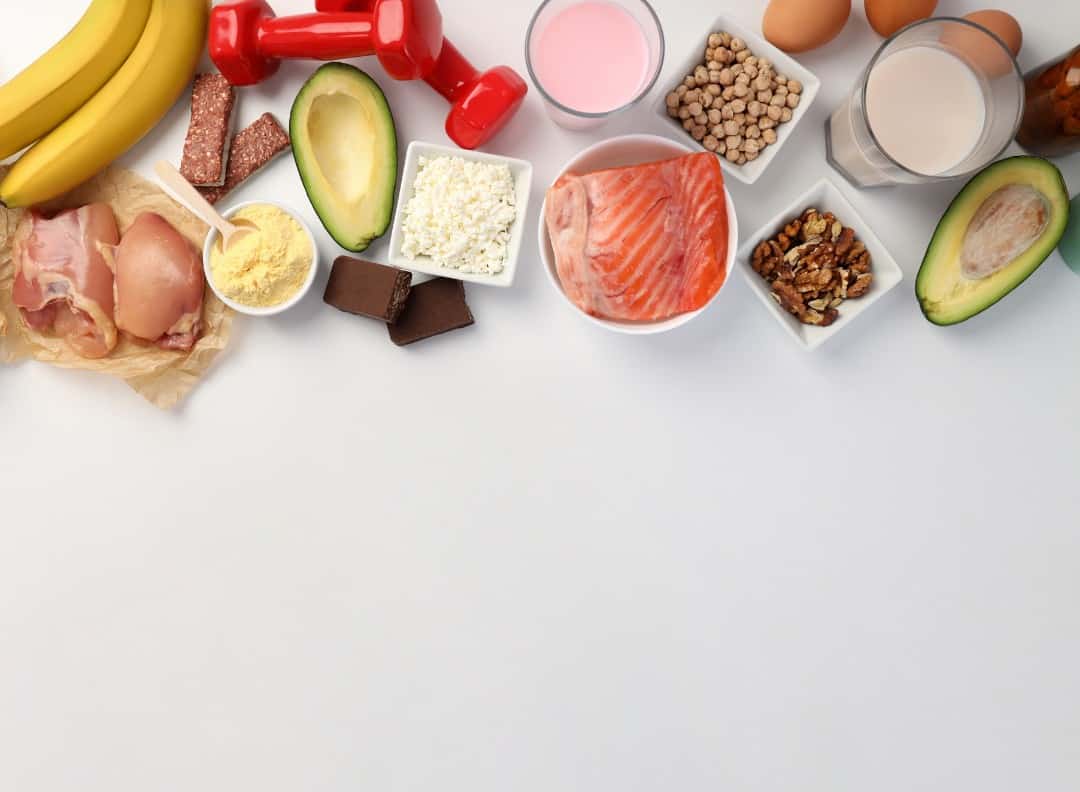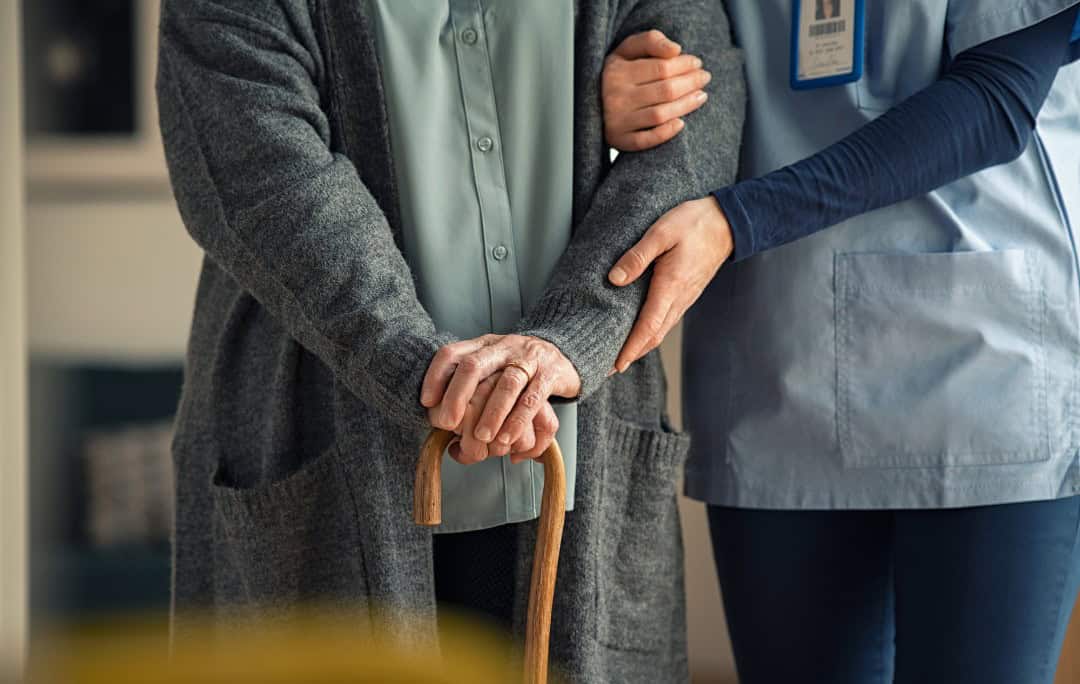Good nutrition is important for everyone, but especially for the elderly. As we age, our bodies undergo various changes that affect our nutritional needs and our ability to eat well. Some of these changes include:
- Loss of appetite and taste due to medication, illness, or denture problems
- Decreased digestion and absorption of nutrients due to reduced stomach acid and enzyme production
- Increased risk of dehydration due to reduced thirst sensation and fluid intake
- Reduced muscle mass and bone density due to decreased physical activity and hormonal changes
- Increased susceptibility to infections and chronic diseases due to weakened immune system and inflammation
These changes can lead to malnutrition, which is a condition where the body does not get enough of the nutrients it needs to function properly. Malnutrition can cause various health problems, such as:
- Fatigue, weakness, and poor concentration
- Anemia, bruising, and bleeding
- Poor wound healing and increased risk of pressure ulcers
- Osteoporosis, fractures, and falls
- Impaired immune function and increased risk of infections
- Depression, anxiety, and cognitive decline
To prevent or treat malnutrition, it is important for the elderly to eat a balanced and varied diet that meets their nutritional needs. According to Public Health England, a healthy eating pattern for older adults should include:
- A variety of fruits and vegetables of different colours and types
- Whole grains, such as oatmeal, brown rice, and whole wheat bread
- Lean protein sources, such as fish, poultry, eggs, beans, nuts, and seeds
- Low-fat or fat-free dairy products, such as milk, yogurt, and cheese
- Healthy fats, such as olive oil, avocado, and nuts
- Limited amounts of added sugars, salt, and saturated fats
In addition to eating a healthy diet, the elderly should also:
- Drink enough fluids, such as water, milk, juice, or soup, to stay hydrated and prevent constipation
- Take vitamin and mineral supplements, such as calcium, vitamin D, and B12, as recommended by their doctor or dietitian
- Eat smaller and more frequent meals, rather than large and heavy ones, to avoid feeling too full or bloated
- Chew food well and use dentures or other aids if needed to improve oral health and comfort
- Enjoy food and eating with others, as social interaction can enhance appetite and mood
Good nutrition is essential for the elderly to maintain their health, well-being, and quality of life.








